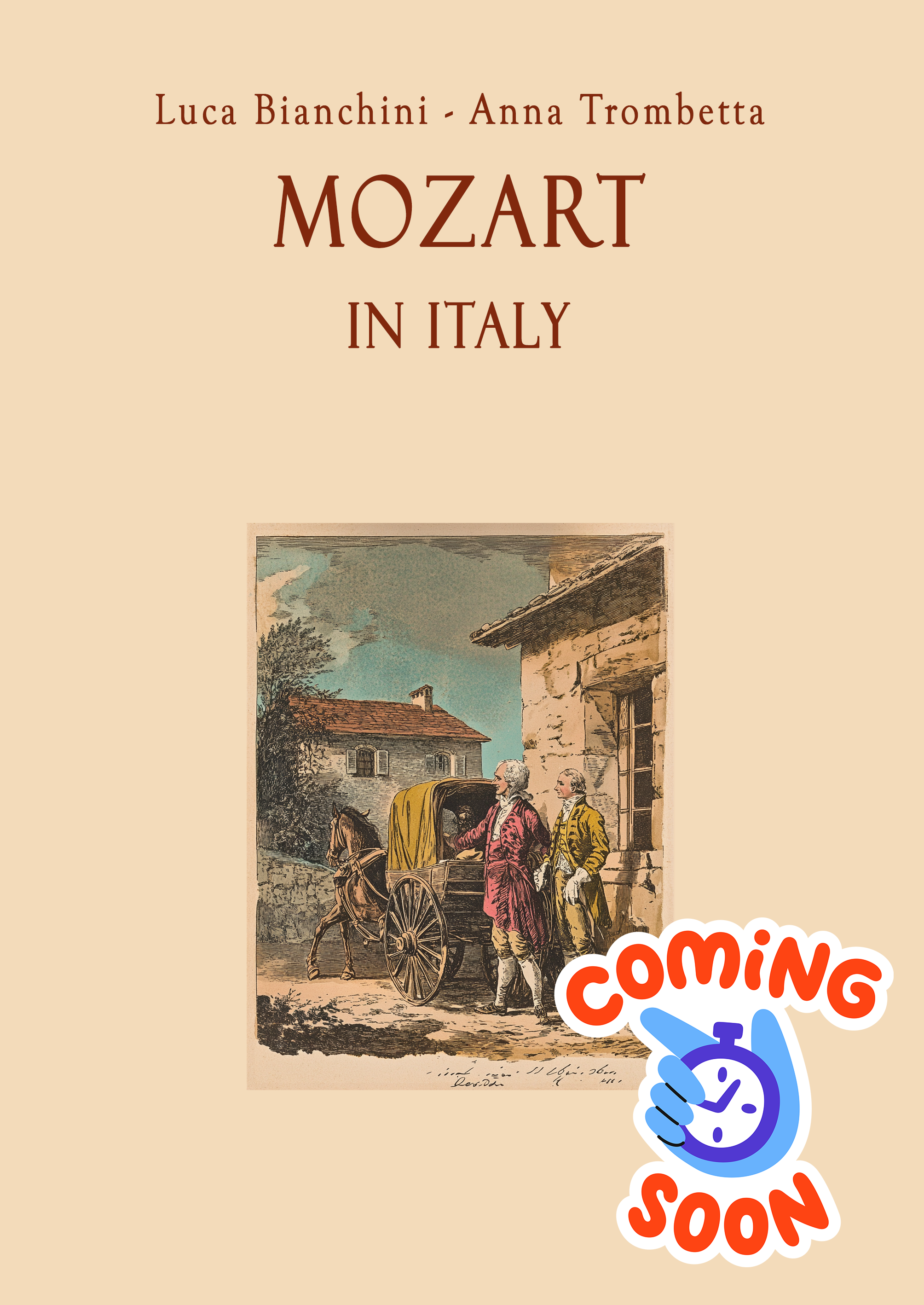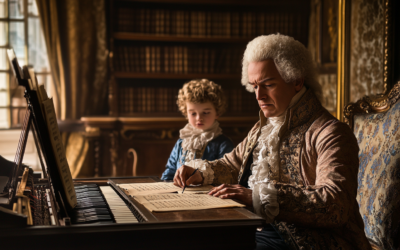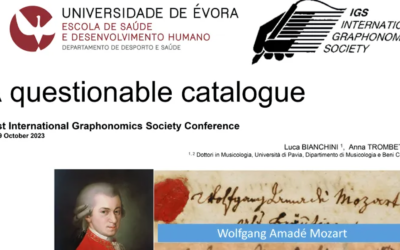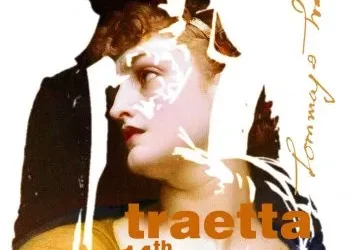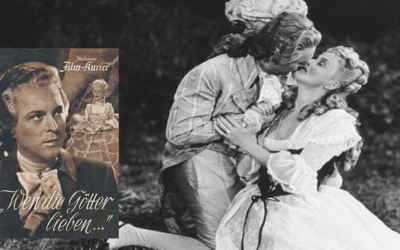A Modern Premiere
Quirino Gasparini’s Music Performed for the First Time
For the first time in modern history, Quirino Gasparini’s music has been performed. This concert, featuring arias from Mitridate and Beethoven’s Seventh Symphony, was conducted by Maestro Leonardo Muzii, with soprano Anastasiia Petrova.
Mozart in Italy
This book uncovers how Leopold Mozart ruthlessly controlled his son’s early career, focusing on how Mozart’s operatic successes were mere reproductions of existing works, especially the heavy borrowing from Quirino Gasparini.
It offers a unique look at their Italian travels, using original manuscripts and documents.
The online expansion includes rare audio, video, and manuscript access.
"Gasparini’s music, long overshadowed, takes its rightful place in the spotlight, revealing the true depth of his influence on Mozart."
@MozartrazoM
For the first time in modern history, the music of Quirino Gasparini, the composer whose works Mozart famously copied, has been performed. This extraordinary rediscovery is the result of the diligent musicological work of Luca Bianchini and Anna Trombetta, who have painstakingly revised and transcribed these forgotten compositions.
Conducted by Maestro Leonardo Muzii, the concert featured soprano Anastasiia Petrova, who performed arias from Mitridate by both Gasparini and Mozart, alongside Beethoven’s Seventh Symphony. The concert marked a pivotal moment in classical music, as Gasparini’s music returned to the stage, offering a new perspective on the history of 18th-century music.
This event is a must-see for lovers of classical music, revealing the influence that Gasparini had on Mozart and shining a light on a composer whose contributions have long been overshadowed.
You May Also Like
K.143: A Recitative and Aria in the Shadows of Doubt
K.143 is a prime example of how Mozart scholarship has turned uncertainty into myth. With no definitive evidence of authorship, date, or purpose, this uninspired recitative and aria in G major likely originated elsewhere. Is it time to admit this is not Mozart’s work at all?
The Enigma of Mozart’s Symphony K.73
The Symphony in C Major K.73 has long puzzled Mozart scholars. Touted as a youthful work of prodigious talent, its origins are murky at best. The title “Symphony,” inscribed on the first page of the autograph, is devoid of the composer’s name, casting immediate doubt on its attribution to Wolfgang Amadeus Mozart. Was this truly his work, or is the Symphony yet another victim of overzealous attribution?
Mozart’s Thematic Catalogue Exposed as a Forgery
A groundbreaking forensic analysis reveals that Mozart’s thematic catalogue, long thought to be his own work, is a posthumous forgery. This discovery, detailed in Mozart: The Construction of a Genius, turns centuries of Mozart scholarship on its head, demanding a re-examination of his legacy.
Bologna Connections
Quirino Gasparini’s rediscovered Mitridate aria takes centre stage in Bern and Basel, shedding light on Mozart’s reliance on this forgotten composer.
International Traetta Award
We are thrilled to announce that the 14th International Traetta Award has been bestowed upon Anna Trombetta and Luca Bianchini. This prestigious recognition honours their outstanding dedication to musicological research on primary sources of the European musical repertoire, offering significant contributions to reshaping the historiography of 18th-century music.
A Legacy Rewritten by the Shadows of History
Mozart’s image, often regarded as a universal symbol of musical genius, was heavily manipulated by the Nazi regime, a fact largely ignored in post-war efforts to “denazify” German culture. From propaganda-driven films to anti-Semitic narratives, Mozart’s legacy is far more complex and troubling than we are often led to believe.

